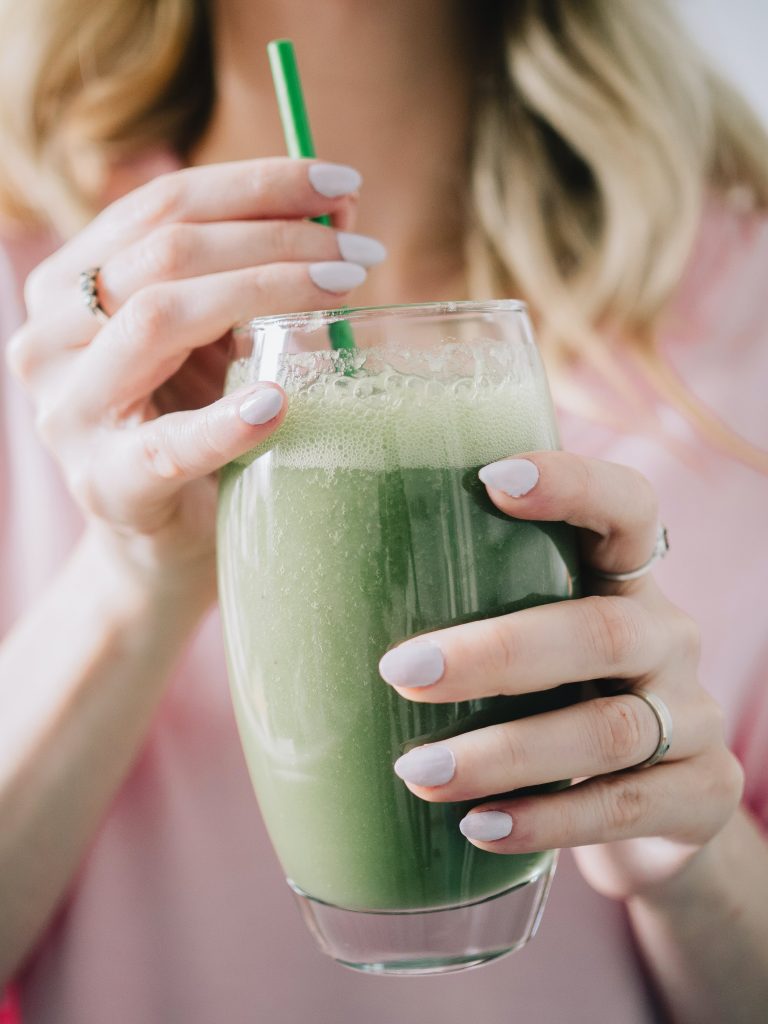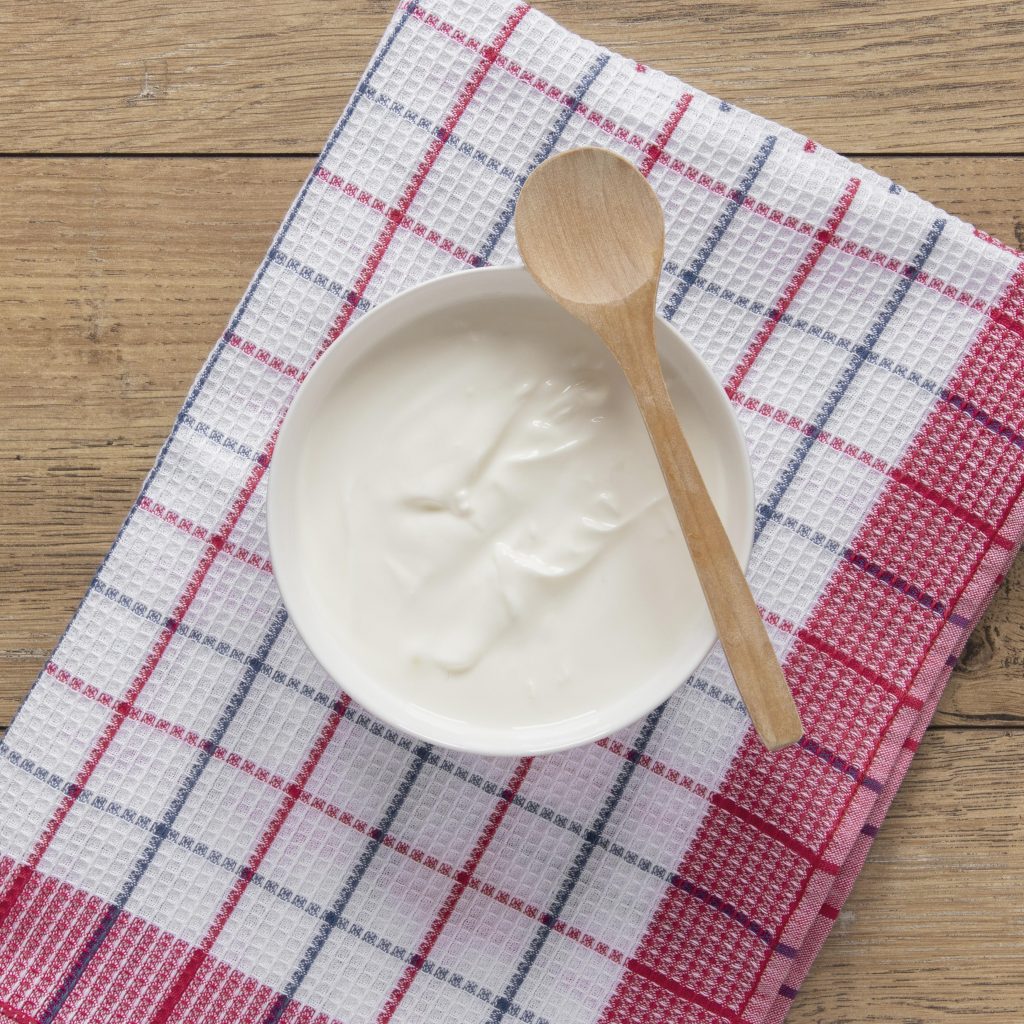Nutrition: A guide for patients
Palliative illnesses, cancer or cancer treatments can cause problems with eating and digestion. Your appetite may vary when you feel ill, but it’s important to keep eating as much as you can and stay hydrated.
Dry mouth?
- Sip drinks frequently
- Suck ice cubes, lollies or flavoured pastilles/mints
- Sharp flavours may help to produce saliva
- Pineapple and melon slices are refreshing
- Artificial gel or spray is available
Sore, dry mouth?
- Drink plenty of fluids
- Drinking may be easier using a straw
- Soft, moist food and cold food can be soothing
- Ensure good oral hygiene with a soft toothbrush, brushing regularly
If your mouth is sore…
Avoid things that will hurt or irritate, such as salty and spicy food, alcohol and food that is very hot or very cold.

Feeling sick
Illnesses, medication and treatments can make you feel sick; this may be temporary but can disrupt your eating. There are drugs available to help with this which can be very effective.
The following tips may also help:
- Start your day with lemonade
- Eat toast or crackers for breakfast
- Try salty food
- Try ginger tea, biscuits or crystallised ginger
- Get fresh air after eating
- Sit up to eat and don’t lie down 30-60 mins after eating
- Try not to go without food for too long
Feeling full
It is common to feel full even after small amounts of food.
- Eat small, frequent snacks and drinks
- Remember, liquids can fill you up
- Keep a stock of foods you enjoy
- Rich/fatty foods can be difficult to digest
- Gentle exercise may aid digestion
- Wind can make you feel bloated, two teaspoons of peppermint cordial in hot water can help

Diarrhoea
Diarrhoea can be a result of treatments like radiotherapy, which can irritate the intestines and cause diarrhoea. You may find it helpful to:
- reduce dietary fibre like raw fruits and vegetables, beans, nuts and seeds
- plain yogurt can help settle it
- some find it helpful to cut down on fat and spicy food
- drink enough to replace the fluid being lost
- opt for plain, starchy foods such as potato, bread, cereals like porridge and rice
- temporarily avoid alcohol and coffee
- if it is related to antibiotics then, try probiotic foods like live yoghurt which supports healthy gut bacteria
- Check with your oncologist if you have low immunity or are undergoing chemotherapy
Constipation
You may become constipated from eating little or due to treatments and some painkillers. Changing what you eat may help:
- Eat more fibre by including ground flaxseed, prunes and dried apricots, wholegrain cereals and breads or fruits and vegetables
- Drink plenty, at least one and a half litres a day unless you’ve been advised to restrict fluids
- Warm beverages can help – try fruit/herbal teas
- Walking, especially in the morning, can help to get things moving
Lack of appetite
Stress, anxiety and illness can all contribute to loss of appetite but there are lots of strategies you can use to help you relax. Some of these can be found on our website under ‘Care and Support’ or you can call us for more information.
Losing your appetite can be normal but it’s important to try to keep eating. Make sure what you eat is as nourishing as possible and try not to stress that you’re not eating enough.
- Eat small, frequent meals or snacks and take your time eating and chewing
- The occasional glass of alcohol half an hour before you eat can help
- Cinnamon, cumin, parsley, sea salt and turmeric are appetite stimulants
- Keep snacks handy like nuts, crisps and dried fruit
- Have a nourishing drink instead, like fruit smoothies with yoghurt and ice cream
- Eat what you want when you feel like it, even if it’s midnight
Ways to enrich food and drink
- Choose full fat dairy produce
- Add grated cheeses to meals
- Add milk powder or Complan
- Make fortified milk by mixing four tablespoons of milk powder with one pint of whole milk and use whenever you would use ordinary milk.
Remember, food should be a source of pleasure, so enjoy what you have and try not to worry.

Useful resources
www.macmillan.org.uk/information-and-support/coping/maintaining-a-healthy-lifestyle/recipes
https://patientinfolibrary.royalmarsden.nhs.uk/eating-well-when-you-have-cancer
https://pennybrohn.org.uk/2023/11/21/recipes/